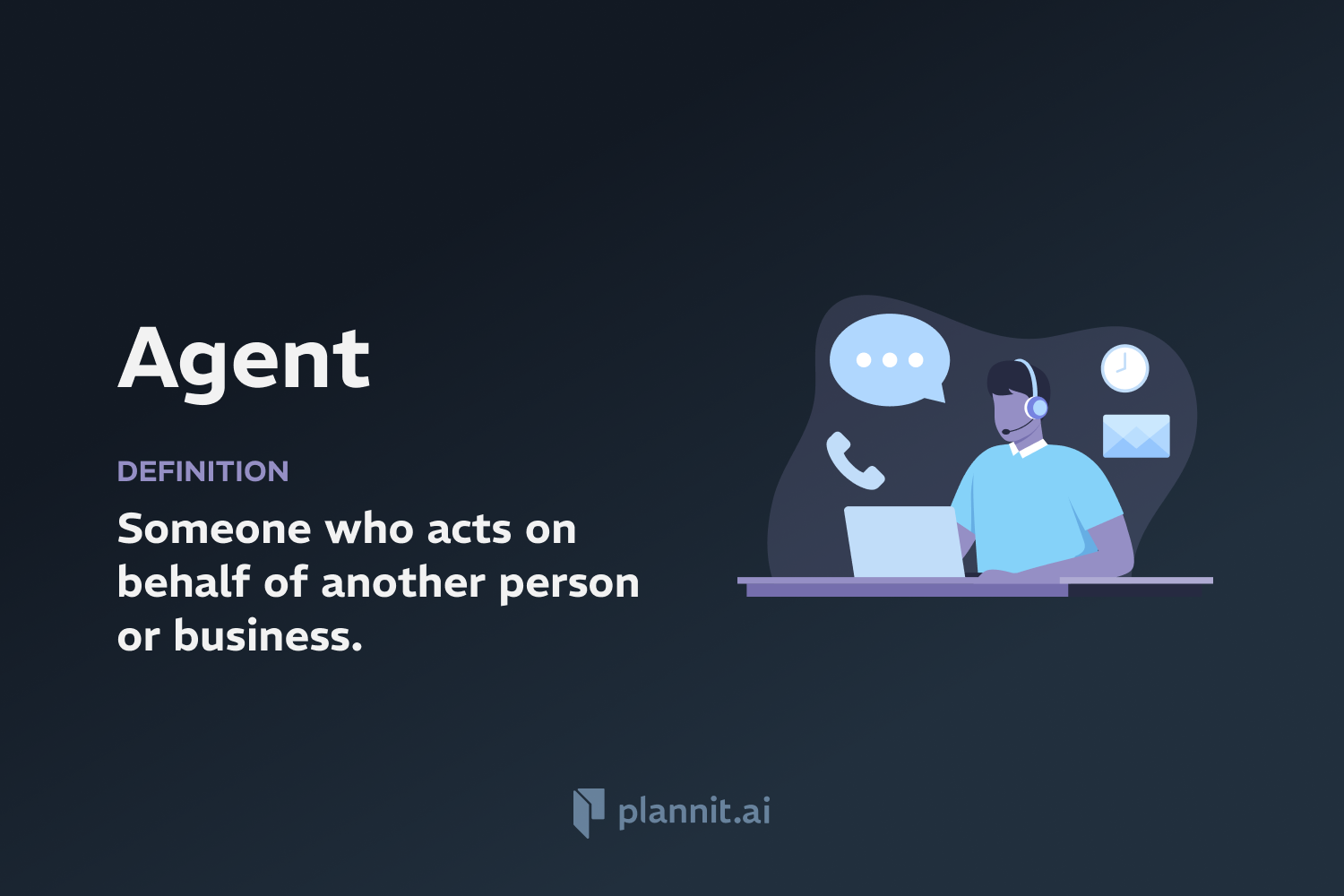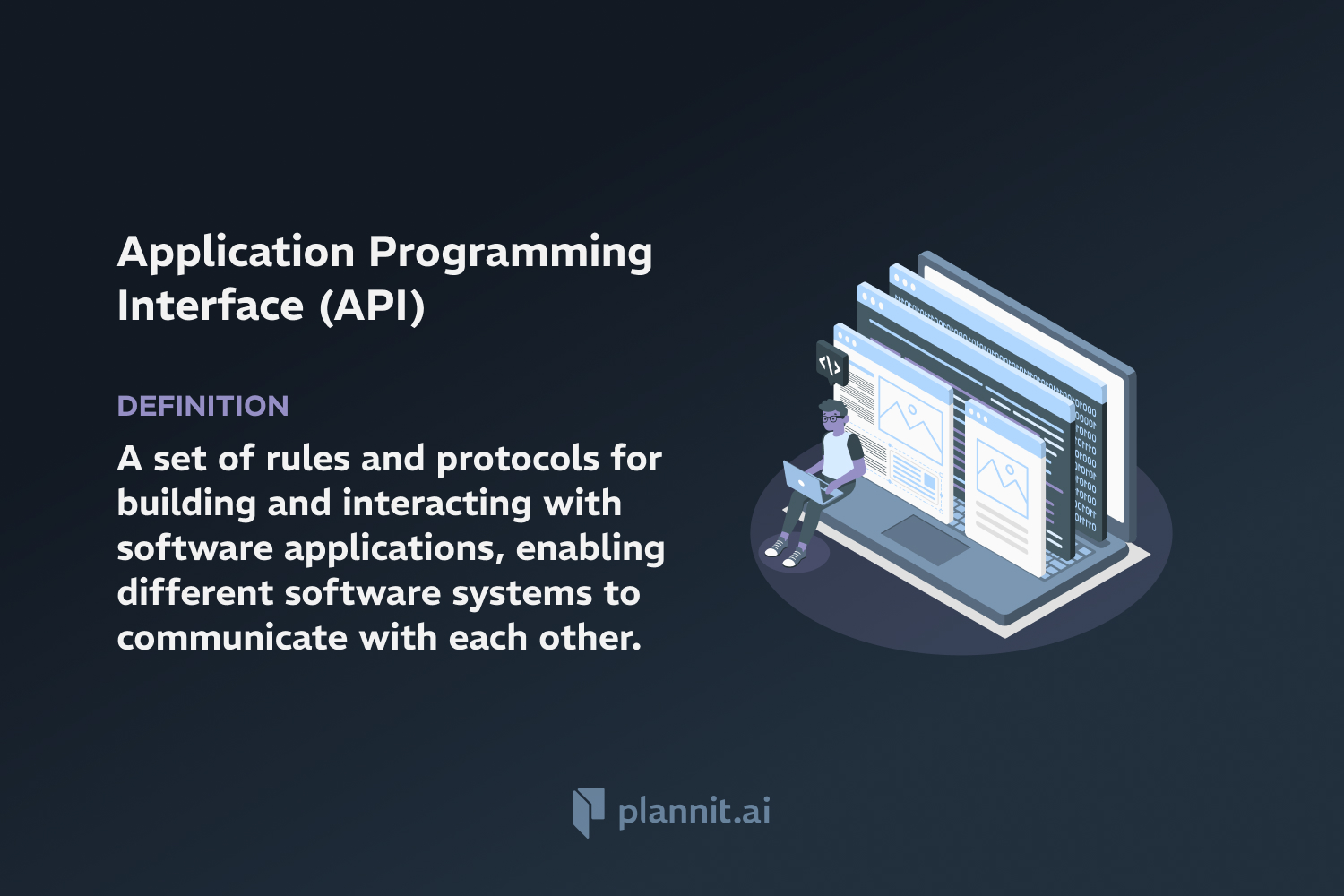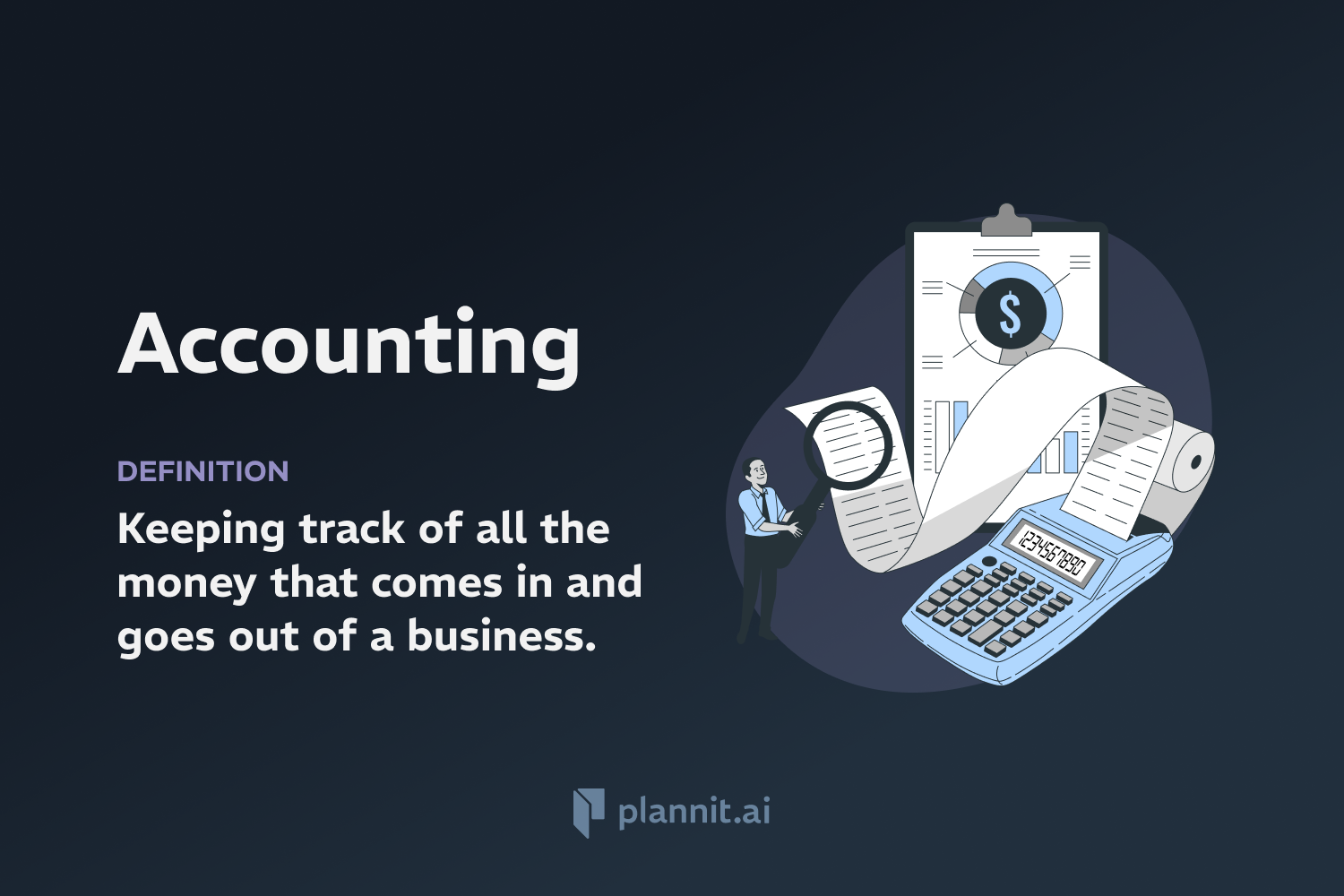Need Help With Your Business Plan?
Answer tailored questions and get a detailed business plan in minutes.
Opportunity Cost: Definition & In-Depth Explanation
Definition:
Opportunity Cost refers to the benefit that is missed or given up when an individual, investor, or business chooses one alternative over another. This concept is crucial in economics and decision-making, emphasizing that every choice has a potential cost associated with the foregone alternative.
Context of Use:
Opportunity cost is used across various disciplines, including economics, finance, operations, and project management, to evaluate the trade-offs of decisions. It helps in assessing the efficiency of resource allocation and guiding individuals and businesses to make more economically sound choices.
Purpose:
The purpose of understanding opportunity cost is to ensure that resources are used in the most beneficial way. It aids in maximizing potential returns or benefits from available options and informs strategy by highlighting the potential impacts of different decisions.
Example:
Investment Decisions: If an investor buys stock in company A instead of company B, the opportunity cost is the foregone returns that company B might have generated.
Business Projects: A company deciding to allocate funds to project A instead of project B. The opportunity cost is the potential benefits that project B could have delivered.
Related Terms:
Trade-off: A situation where having more of one thing potentially results in having less of another.
Economic Cost: The combination of gains and losses of any goods that have a value attached to them by any one individual.
Marginal Cost: The cost of producing one additional unit of a product.
FAQs:
1. How is opportunity cost calculated?
A: Opportunity cost is not always calculated in monetary terms but is assessed based on the potential returns, benefits, or values that are foregone by choosing one option over another.
2. Why is opportunity cost important in decision-making?
A: It is important because it helps individuals and businesses to evaluate the potential impacts of their decisions on resource utilization and overall outcomes, ensuring that the most valuable alternatives are chosen.
3. Can opportunity cost be zero?
A: Theoretically, opportunity cost could be zero if all alternatives offer the same return or benefit. However, in practice, there is almost always a cost associated with choosing one option over others.
4. How does opportunity cost relate to scarcity?
A: Opportunity cost and scarcity are closely related concepts in economics. Scarcity of resources necessitates choice, and opportunity cost quantifies the cost of choosing one option when resources are limited.
5. What are some common mistakes in understanding opportunity cost?
A: Common mistakes include not considering all alternatives, overlooking intangible benefits or costs, and failing to recognize that opportunity costs can change over time due to varying circumstances.
Get funding with a business plan that will impress investors.
Starting a New Business?



